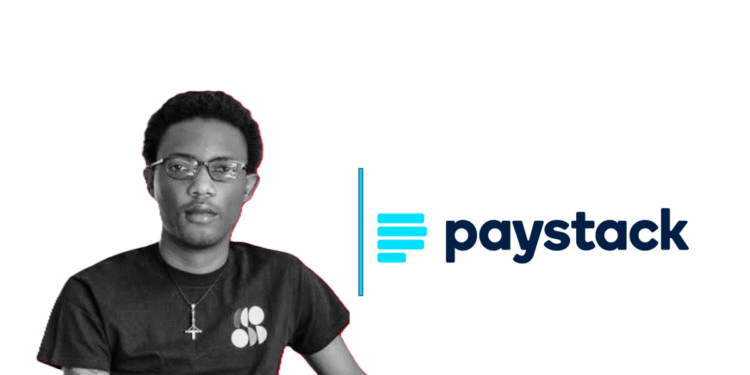Ezra Olubi, co-founder and former Chief Technology Officer of Paystack, has publicly rejected the company’s decision to fire him. According to him, the termination lacked fairness and bypassed due process. His legal team now reviews the case as he pursues what he calls justice.
Suspension, Investigation, and Firing
In mid-November 2025, Paystack suspended Olubi after a former associate brought forward allegations of improper conduct, prompting resurfaced tweets from 2009–2013 to reemerge and spark public backlash. The company said it would conduct a formal, independent investigation into the claims.
Just days later, on Saturday, 22 November 2025, Paystack terminated Olubi’s contract. The company cited “significant negative reputational damage” tied to the resurfaced tweets and said it acted within its contractual rights.
Olubi’s Response: No Hearing, No Chance to Defend Himself
In a blog post titled Terminated, Olubi said the decision came before the investigation concluded, and characterized the dismissal as a breach of the company’s own policies. He said he received no meeting, no hearing and no opportunity to respond to the allegations.
He explained that he remained silent during the investigation to avoid interfering with the process. But that silence, he argues, allowed public assumptions and misrepresentations to flourish unchecked. Olubi maintained that the resurfaced social-media posts “do not reflect” his real conduct and values. He insists he has always treated people with dignity and respect.
Legal Actions
Olubi confirmed that his legal team now reviews every aspect of the termination process, particularly whether the dismissal violated Paystack’s internal policy or breached his contract terms. He said they will take “the steps they consider appropriate.” For now, he declines to comment further publicly.
Wider Implications for Paystack and the Tech Industry
Paystack’s move and Olubi’s response have triggered broader conversations about corporate governance, due process, and accountability in Africa’s tech ecosystem. Some legal experts say the company may have overreached especially if contract clauses or internal policies granted Olubi protections.
As scrutiny intensifies, other tech firms will likely watch this case closely. The outcome could set important precedents on how misconduct allegations, internal investigations and dismissals should be managed balancing reputational risk with fairness and employees’ rights.




